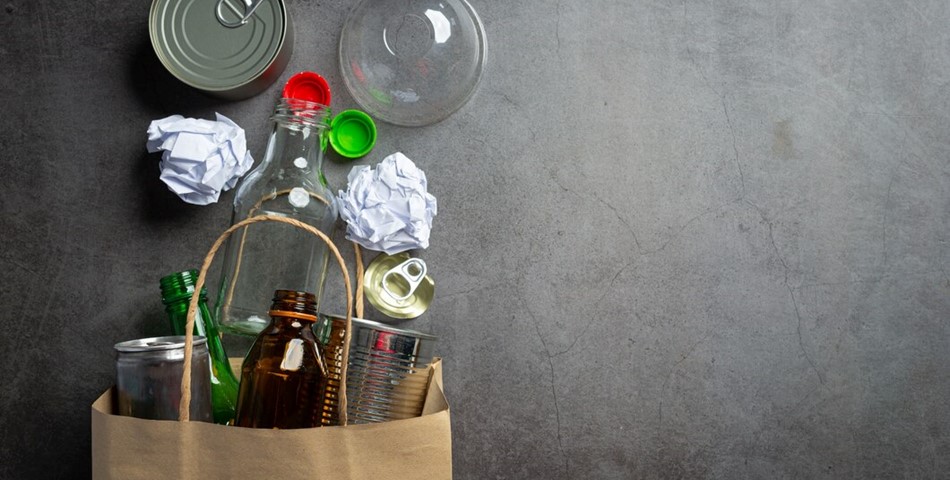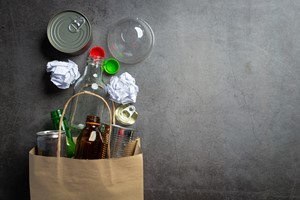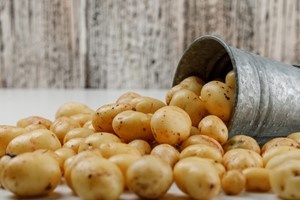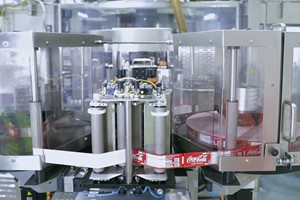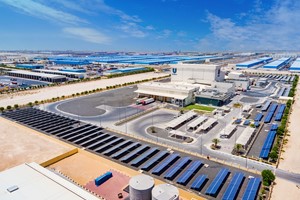In a concerted effort to combat food waste and bolster sustainability within Australia’s horticulture industry, End Food Waste Australia has teamed up with key stakeholders including the Australian Bananas Growers’ Council and Melons Australia to launch a comprehensive national plan. The initiative aims not only to curtail the staggering amount of fresh produce lost annually but also to achieve the ambitious target of halving the country’s food waste by 2030.
According to data released by End Food Waste Australia, fruits and vegetables constitute the most wasted food items in Australia, with over three million tonnes discarded each year. To put this into perspective, the sheer volume of wasted produce could fill the Melbourne Cricket Ground to capacity five times over.
The newly unveiled action plans outline nine priority measures designed to address food waste across the entire horticulture supply chain, from farm to retail. These strategies encompass various stages, including production, transportation, manufacturing, and retail operations.
Dr. Steven Lapidge, CEO of End Food Waste Australia, stressed the pivotal role of reducing horticulture food waste in achieving broader sustainability goals. He highlighted the potential economic benefits, environmental improvements, and crucial support for food-insecure communities that could result from tackling fresh produce waste head-on.
The action plan targets specific interventions tailored to different produce types, with bananas and melons leading the charge with dedicated Food Waste Action Plans and targeted priority actions. This collaborative approach underscores the recognition that addressing food waste is a multifaceted challenge requiring collective action across industries and sectors.
Leon Collins, chairman of the Australian Bananas Growers’ Council, expressed pride in the banana industry's proactive stance in addressing food waste. He emphasized the industry's longstanding commitment to innovation and sustainability.
Similarly, Johnathon Davey, executive officer of Melons Australia, hailed the strategic significance of the plan, citing its potential to unlock growth opportunities while simultaneously reducing environmental impact and supporting vulnerable populations.
The release of the Horticulture Sector Action Plan, Banana Food Waste Action Plan, and Melon Food Waste Action Plan signals a significant step forward in Australia's battle against food waste. These documents are made available for public access, encouraging widespread participation and engagement from stakeholders across the food industry.
Dr. Lapidge extended an invitation to businesses to implement or support the priority actions outlined in the plan, emphasizing the importance of collective action in driving meaningful change. Producers interested in further involvement are encouraged to join initiatives such as the Australian Food Pact.
Crucially, the Horticulture Sector Action Plan is underpinned by rigorous research conducted in collaboration with leading academic institutions and supported by government funding. This evidence-based approach underscores the commitment to leveraging research and innovation to tackle complex sustainability challenges.
As Australia charts a course towards a more sustainable future, the collaborative efforts of industry stakeholders, supported by research and government backing, stand as a testament to the nation's resolve to address pressing environmental concerns and foster a more resilient and equitable food system.
foodmag.com




